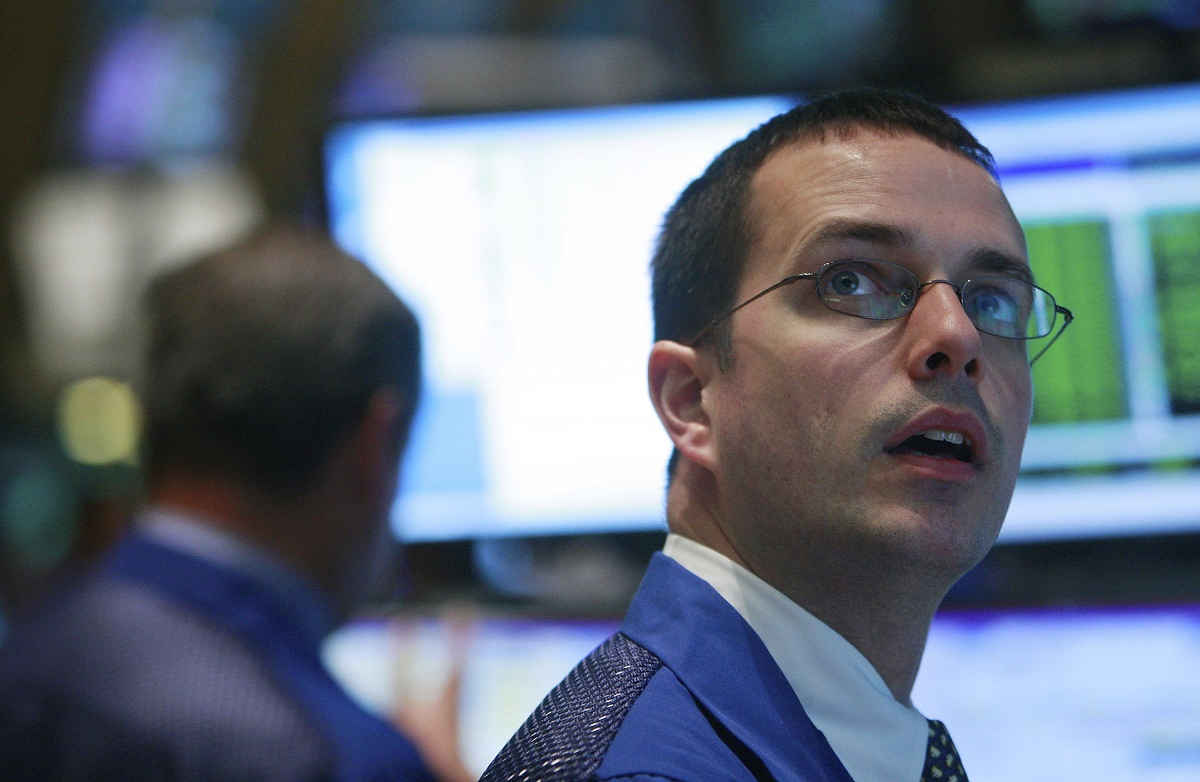To most investors, Berkshire Hathaway (BRK.A +1.19%) (BRK.B +0.80%) and its CEO, investing legend Warren Buffett, are two sides of the same coin. Buffett deservedly gets plenty of recognition for the amazing feats that Berkshire has achieved over its long history, and many find it difficult to imagine what Berkshire will be able to do without Buffett at the helm.
Yet within any big organization, there are always countless people playing supporting roles in making their leader look good. At Berkshire, those people include the insurance managers who are in charge of underwriting the policies that the company's massive insurance operation offers to its customers. Without their diligence, Berkshire's amazing track record might never have happened -- and Buffett might not be getting nearly as much credit as he's gotten during his tenure there.
A shout-out to Berkshire's back room
The insurance industry is incredibly complex, but its business model boils down to a simple idea: Try to collect enough in premiums to pay out whatever losses occur and still have something left over as profit. In a highly competitive business, that's not as easy to achieve as it sounds.

Hurricanes have been major loss events for Berkshire and its peers. Image source: Getty Images.
Berkshire, however, has done an exemplary job of it, and Buffett called out the people responsible in his annual letter to shareholders. Thanks to the discipline that Berkshire's insurance managers have exercised in choosing which types of insurance to write and the appropriate premiums to charge, the conglomerate's insurance companies have enjoyed underwriting profits in 16 of the past 17 years. That's added $27.5 billion to Berkshire' pre-tax profits over that time period, including $400 million for 2019.
Why insurance matters so much to Berkshire
Insurance rests at the heart of Berkshire's business model, because without the capital that its insurance operations bring in, the company wouldn't have the capital to invest as effectively as it does. Over the years, Berkshire's float -- the amount of money it has on hand from collecting premiums before it pays some of it out as losses -- has skyrocketed.
|
Year |
Float |
|---|---|
|
1970 |
$39 million |
|
1980 |
$237 million |
|
1990 |
$1.63 billion |
|
2000 |
$27.9 billion |
|
2010 |
$65.8 billion |
|
2019 |
$129.4 billion |
Data source: Berkshire Hathaway 2019 annual letter to shareholders.
Just in 2019 alone, Berkshire's float grew by nearly $6.7 billion -- four times more than the total amount it had in 1990.
Berkshire uses its float to invest, and the strength of its operations gives it flexibility to make investments that most of its peers would shy away from. At a time when many insurers have had to buy long-term Treasury bonds yielding less than 2%, Berkshire still has the opportunity to find better alternatives, and it hasn't squandered that opportunity. Without the success of its underwriting, Berkshire wouldn't have had the chance to invest so well.
Don't take it for granted
Buffett was quick in his letter not to make it seem like insurance underwriting will always see such a favorable streak. 2017 -- the sole year out of the last 17 in which Berkshire has suffered an underwriting loss -- serves as a cautionary tale of what can happen. Inevitably, major catastrophic losses happen, and with weaker players in the industry, a bad year can drive an insurance company out of business.
Berkshire, though, stands ready for whenever the next disaster requires its attention. Such losses often end up being beneficial for big players like Berkshire, because driving smaller competition out of business helps give big insurers more pricing power in setting premiums. So even if Berkshire's insurance operations lose money at some point in the future, it could set the stage for even more impressive profits.
Give credit where it's due
There's no doubt that having Warren Buffett at the helm has been an instrumental part of Berkshire's track record of performance. But the Oracle of Omaha is humble enough to thank the people who work for him every day to make Berkshire's insurance operations run smoothly and profitably. Shareholders should all understand and acknowledge how important that work is.







